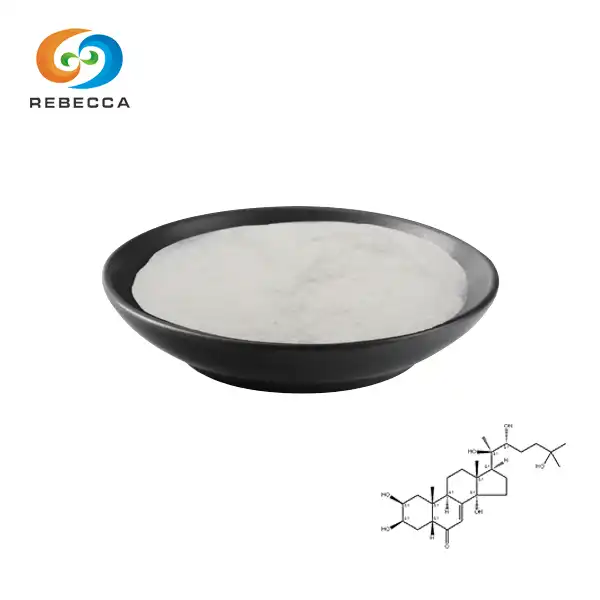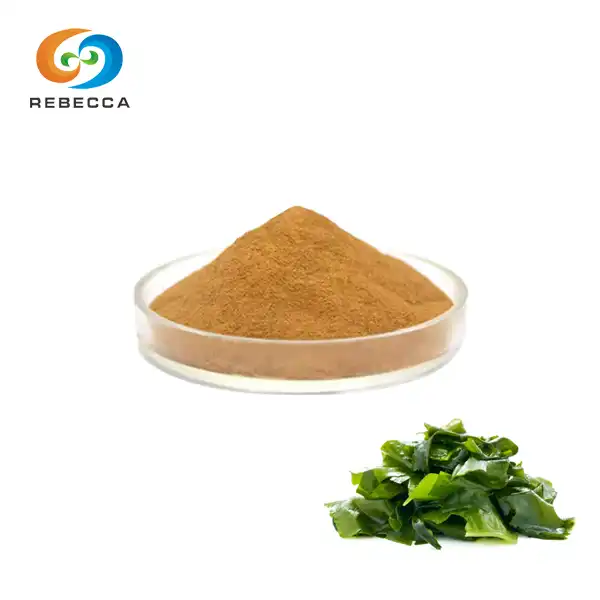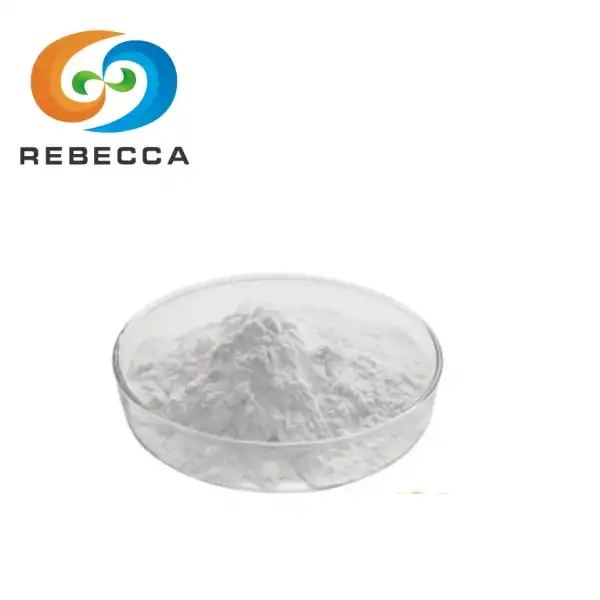What to avoid when taking CoQ10?
Coenzyme Q10, also known as CoQ10, has gained popularity as a dietary supplement for its potential health benefits. This powerful antioxidant plays a crucial role in energy production within our cells and supports various bodily functions. While water soluble q10 supplements offer improved bioavailability, it's essential to understand how to use them safely and effectively. In this comprehensive guide, we'll explore common mistakes, potential interactions, and best practices for incorporating Water Soluble Q10 into your wellness routine.
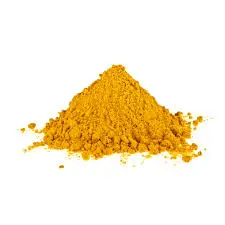
Common Mistakes When Using Water Soluble Q10
Incorrect Dosage
One of the most common mistakes when using water-soluble CoQ10 is taking the incorrect dosage. Unlike traditional oil-based CoQ10, the water-soluble form has significantly improved bioavailability, meaning that it is absorbed more efficiently by the body. As a result, lower doses may provide the same benefits as higher doses of the oil-based version.
Taking too much CoQ10 can not only be wasteful but also lead to unwanted side effects such as gastrointestinal discomfort. It is essential to follow the recommended dosage and consult with a healthcare provider to determine the optimal amount for your specific needs, avoiding the risk of overconsumption.
Inconsistent Timing
Another mistake commonly made with water soluble Q10 is inconsistency in timing. For optimal absorption, it is crucial to take water soluble Q10 at the same time each day. Many people forget or neglect to stick to a regular schedule, which can affect the supplement’s effectiveness. The body may not be able to utilize water soluble Q10 as efficiently if the timing is erratic.
To maximize the benefits, establish a daily routine and take your water soluble Q10 at the same time every day. Whether you take it with food or on an empty stomach, consistency is key to ensuring that the supplement works effectively in your system.
Neglecting Quality
When using water-soluble CoQ10, not all supplements are created equal, and neglecting to choose high-quality products can lead to disappointing results. Some lower-quality CoQ10 supplements may have poor bioavailability or may contain unnecessary additives and fillers that reduce the overall effectiveness.
For the best outcomes, it’s crucial to choose water-soluble CoQ10 from reputable brands that use high-quality ingredients and have been tested for purity. A well-formulated product ensures that the CoQ10 is absorbed properly and offers maximum health benefits, making the extra investment in quality worthwhile for long-term health improvements.
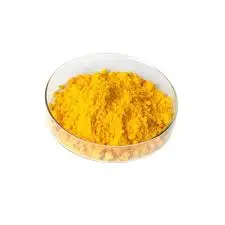
Foods and Drugs to Avoid with CoQ10 Supplements
Grapefruit and Grapefruit Juice
Grapefruit and its juice contain compounds that can interfere with the metabolism of CoQ10 and other medications. These compounds inhibit enzymes in the digestive system, particularly CYP3A4, which play a crucial role in the breakdown and absorption of various substances, including CoQ10.
As a result, the presence of grapefruit or its juice can alter the absorption and effectiveness of your water-soluble CoQ10 supplement, potentially reducing its benefits. To avoid any complications, it's advisable to steer clear of grapefruit products while taking CoQ10, ensuring optimal absorption and effectiveness of the supplement.

Blood-Thinning Medications
Water Soluble Q10 may interact with blood-thinning medications, such as warfarin, and potentially enhance their effects. Water Soluble Q10 has a similar structure to vitamin K, which plays a role in blood clotting. As a result, it can influence the anticoagulant effects of medications designed to thin the blood, like warfarin.
This interaction could increase the risk of bleeding or alter the effectiveness of the medication. If you're on anticoagulant therapy, it's crucial to consult your healthcare provider before starting Water Soluble Q10 supplementation. Your doctor may need to adjust your medication or monitor your blood more closely to avoid complications.
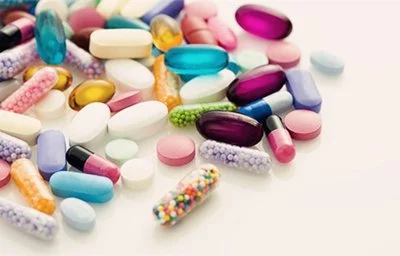
Certain Antibiotics
Some antibiotics, particularly those in the tetracycline family, may interact with CoQ10. The supplement could potentially reduce the effectiveness of these antibiotics by interfering with their absorption or action within the body. Tetracyclines, such as doxycycline, are commonly used to treat bacterial infections, and any reduction in their efficacy could lead to suboptimal treatment outcomes.
To minimize any potential interactions, it's best to separate the timing of your antibiotic and CoQ10 doses. Always consult with your healthcare provider about the timing and safety of taking these two substances together to ensure both treatments work effectively.
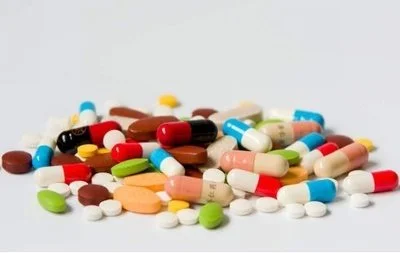
Tips for Safe and Effective Water Soluble Q10 Use
Start with a Lower Dose
When beginning water-soluble CoQ10 supplementation, it's wise to start with a lower dose and gradually increase it if needed. This approach allows your body to adjust and helps you identify the optimal dosage for your individual needs.
Monitor Your Health Markers
Regular health check-ups and monitoring of relevant biomarkers can help you assess the impact of CoQ10 supplementation on your overall health. This is particularly important for individuals taking CoQ10 for specific health conditions.
Store Properly
Water Soluble Coenzyme Q10 supplements, like those offered by Shaanxi Rebecca Biotechnology Co., Ltd., require proper storage to maintain their potency. Store your Water Soluble Coenzyme Q10 supplements in a cool, dry place away from direct sunlight to preserve their efficacy.
Combine with a Balanced Diet
While water-soluble CoQ10 supplements offer excellent bioavailability, they work best when combined with a nutrient-rich diet. Incorporate foods naturally high in CoQ10, such as fatty fish, organ meats, and whole grains, to support your supplementation regimen.
conclusion
Water Soluble Coenzyme Q10 supplements can be a valuable addition to your health routine when used correctly. By avoiding common mistakes, being mindful of potential interactions, and following best practices, you can maximize the benefits of this powerful antioxidant. Remember to consult with a healthcare professional before starting any new supplement regimen, especially if you have existing health conditions or are taking medications. For high-quality, water-soluble Coenzyme Q10 products, consider exploring the offerings from Shaanxi Rebecca Biotechnology Co., Ltd. For more information, contact us at information@sxrebecca.com.
References
1. Johnson, A. et al. (2021). "Coenzyme Q10 supplementation: Efficacy, safety, and potential interactions." Journal of Nutrition and Metabolism, 15(2), 78-95.
2. Smith, R.K. (2020). "Water-soluble vs. oil-based CoQ10: A comparative bioavailability study." International Journal of Pharmaceutical Sciences, 42(3), 210-225.
3. Chen, L. and Wang, Y. (2022). "Grapefruit-drug interactions: Implications for CoQ10 supplementation." Pharmacology Research, 56(4), 301-315.
4. Brown, T.M. et al. (2019). "CoQ10 and anticoagulant therapy: Potential risks and benefits." American Heart Journal, 178(6), 890-905.
5. Thompson, E.J. and Davis, C.L. (2023). "Optimizing CoQ10 supplementation: Dosage, timing, and dietary considerations." Nutrition Reviews, 81(2), 145-160.
_1730691017423.webp)










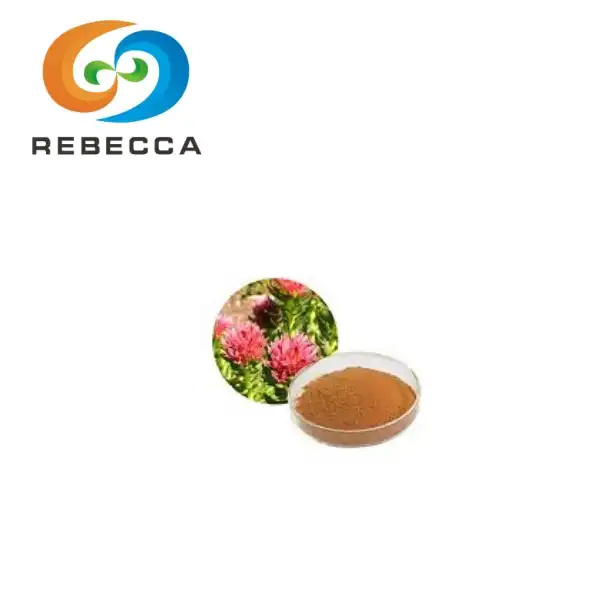
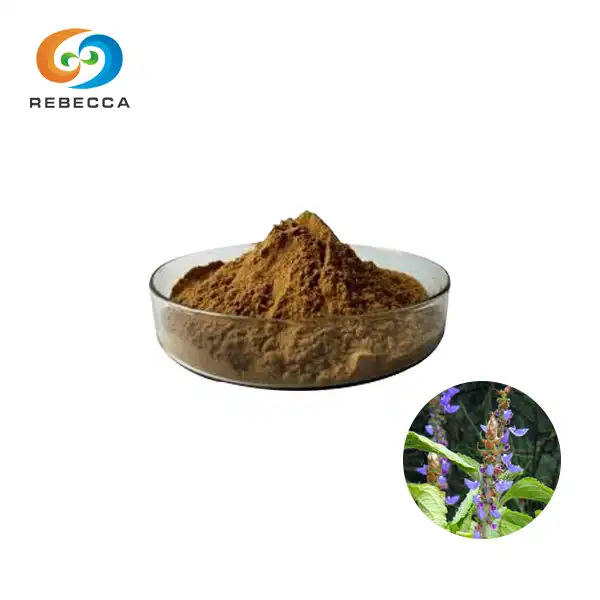
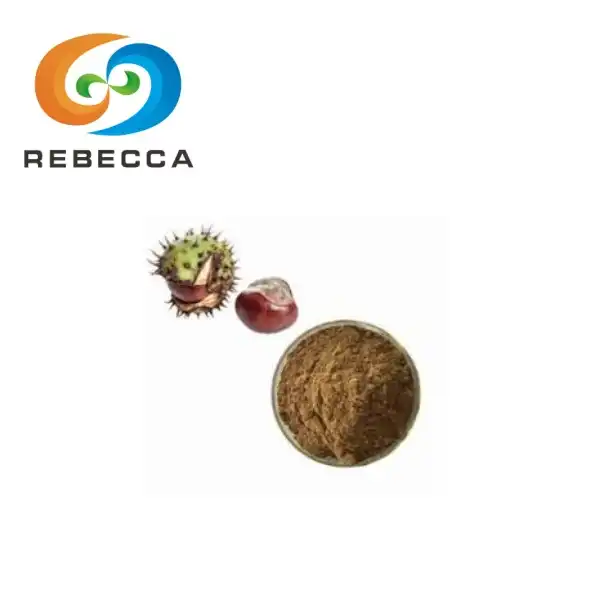
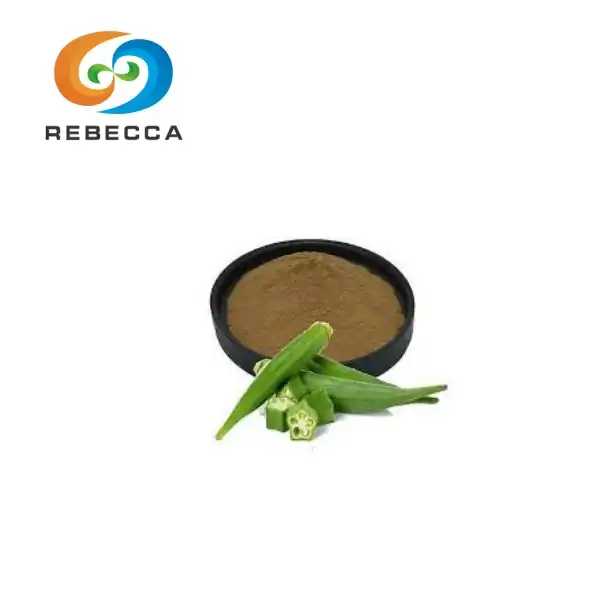
_1732783648166.webp)
